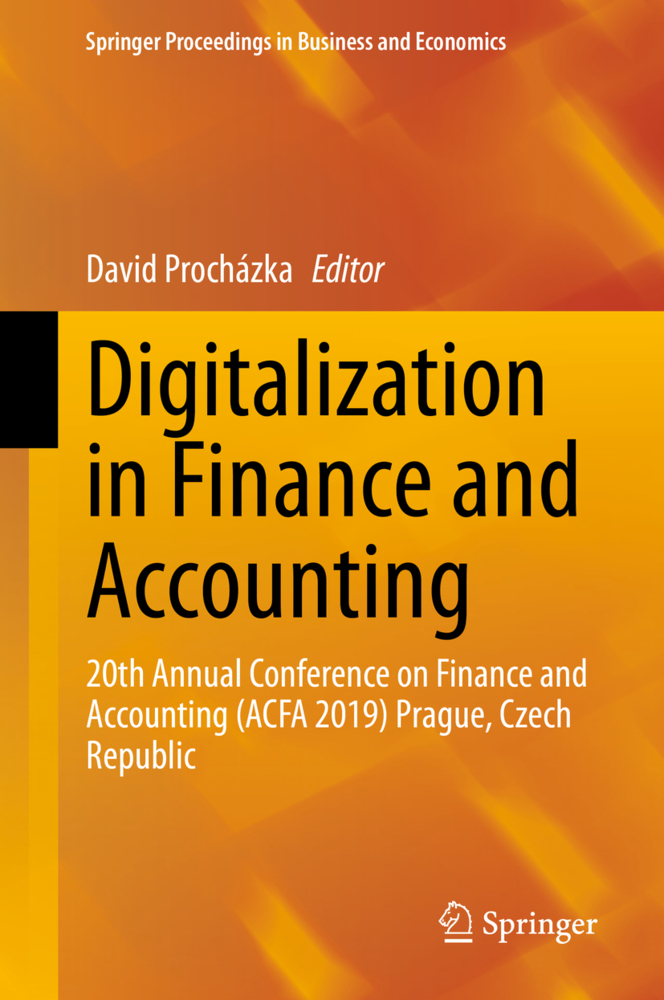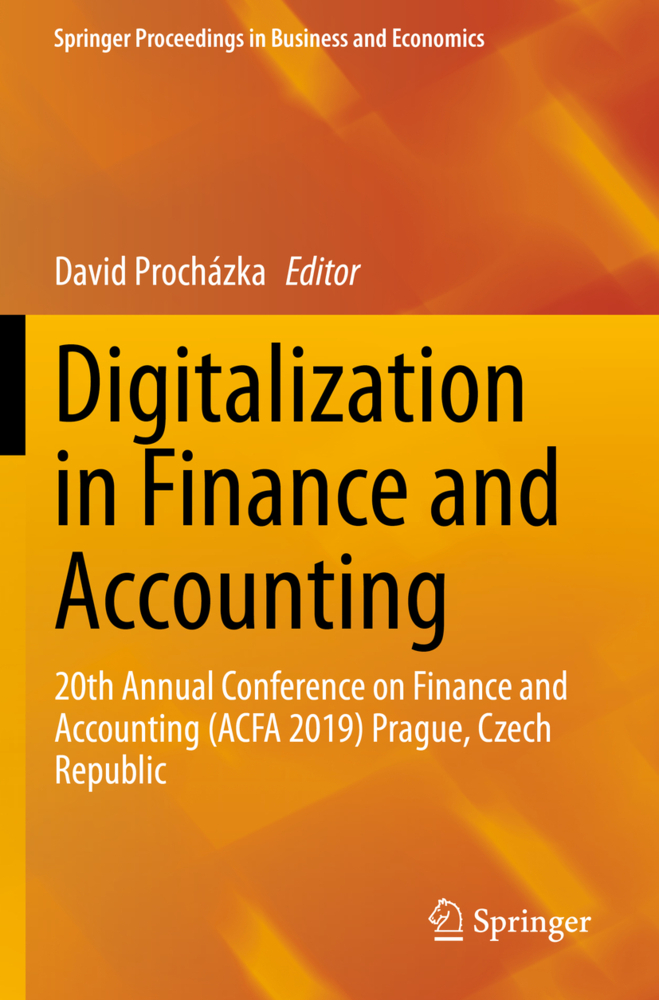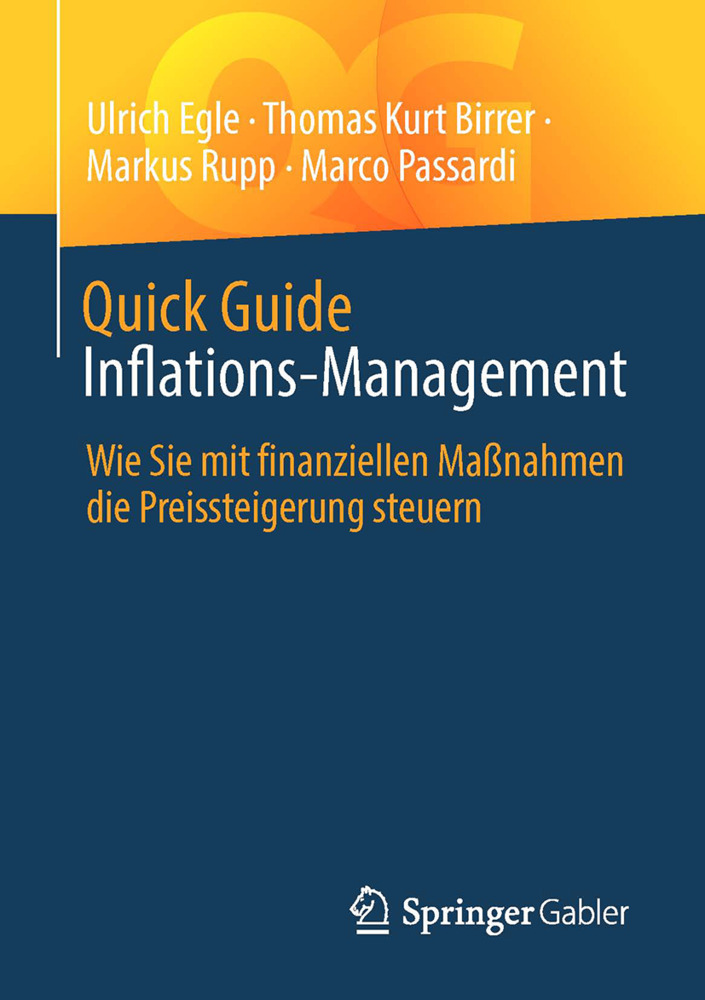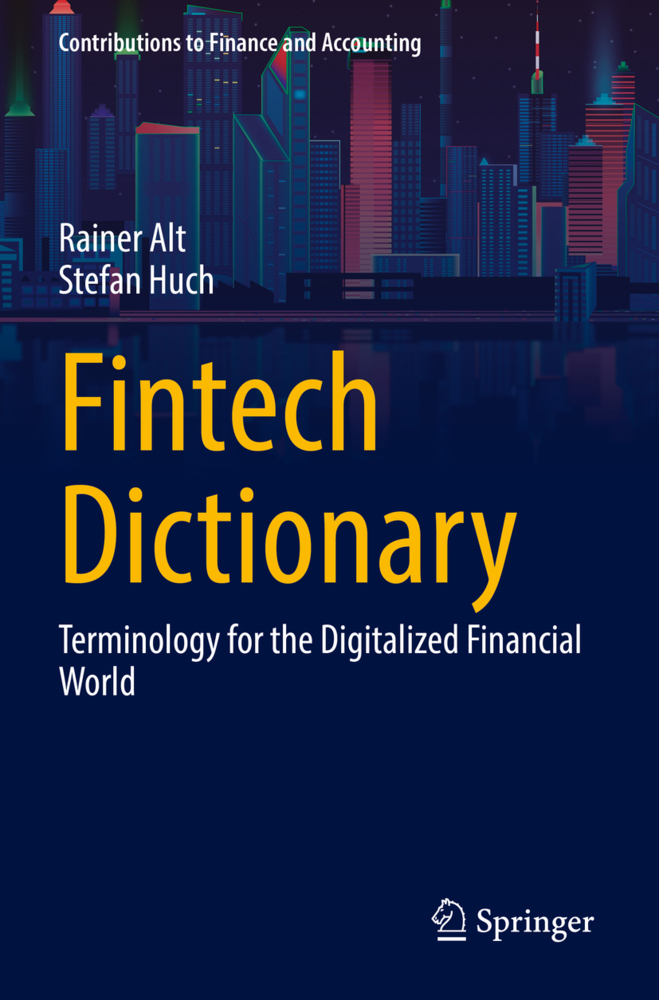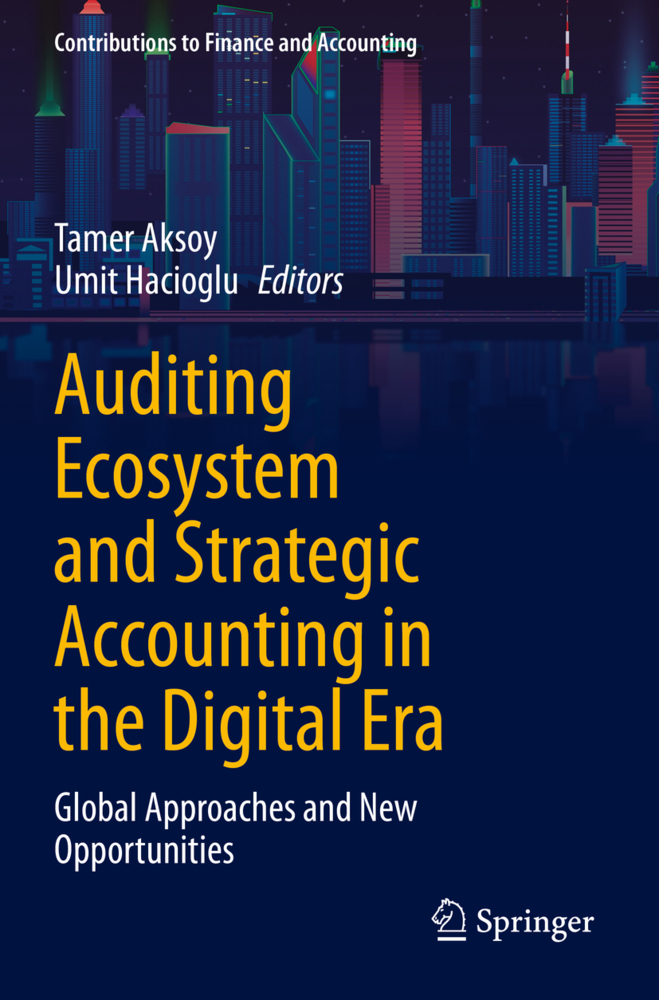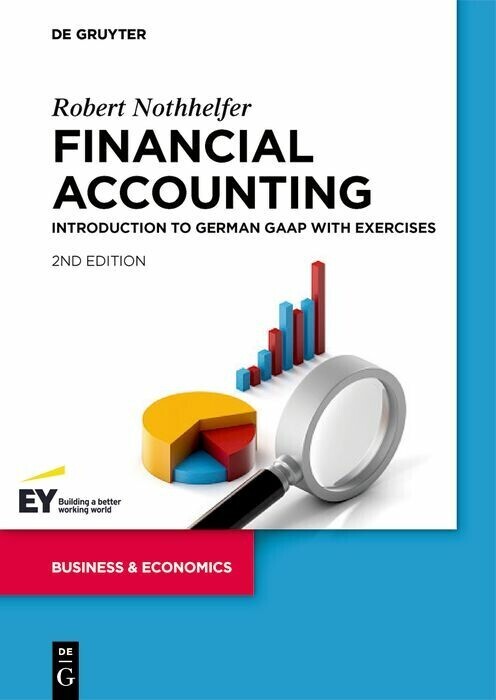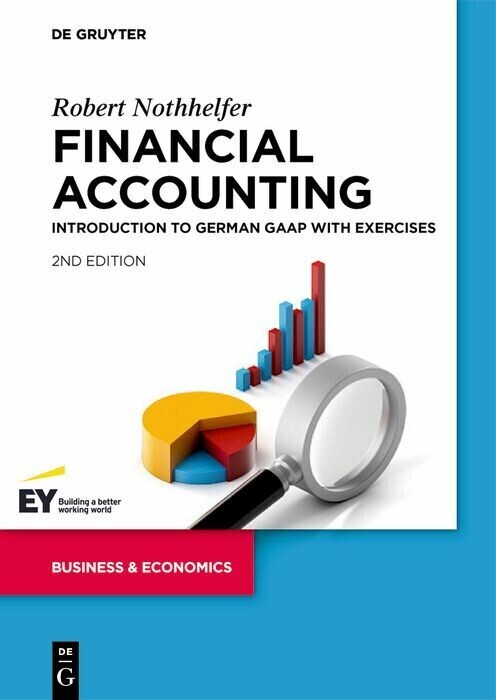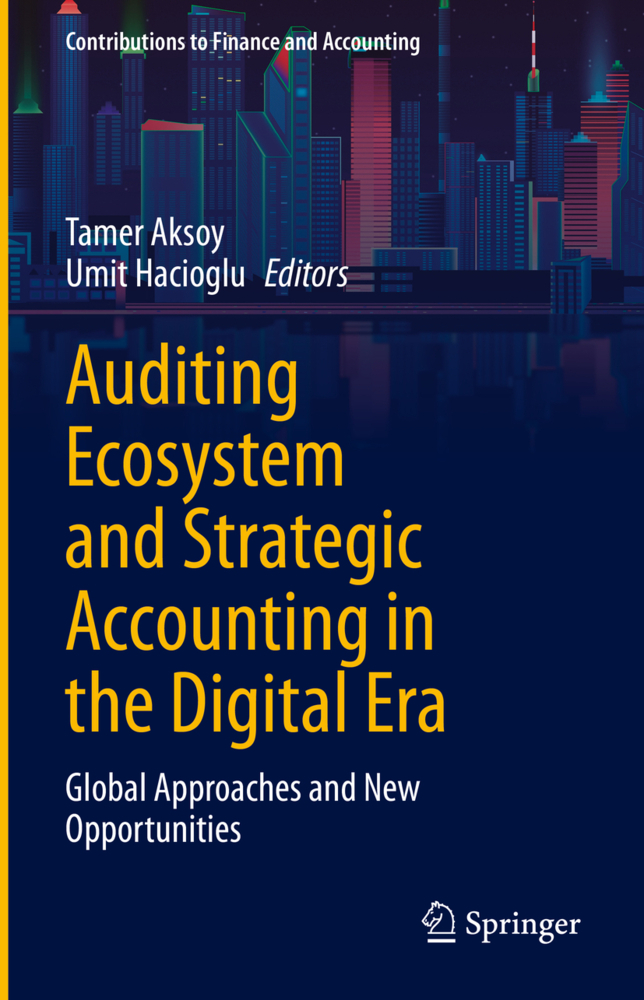Digitalization in Finance and Accounting
Chapter 1: Financialization of the Economy vs. Fintech Processes in the Perspective of 2030
Chapter 2: Peer-to-Peer Lending: Evolution and Trends
Chapter 3: The Future of Audit: Literature Review of Possibilities of Automation and Blockchain Technology
Chapter 4: Electronic data format XBRL: recent development and prospects in the EU
Chapter 5: World Development of XBRL
Chapter 6: Renewable Energy Financial Modelling: The Chinese Stock Prices Case
Chapter 7: Is the Investors Biorhythm Affecting the Stock Market
Chapter 8: Weather Influence on Stock Market: Evidence from Romania
Chapter 9: Trust in the Collective Investment Sphere: Evidence from Ukraine
Chapter 10: Does Regulatory Stress Testing Make Banks Perform Better and Be Less Risky
Chapter 11: A Study on Assessment of the Reserve Adequacy: Evidence from Turkey
Chapter 12: Testing New Measures of Exchange Market Pressure in Sub-Saharan Africa
Chapter 13: Scenario Analysis Approach for Operational Risk inInsurance Companies
Chapter 14: EU Governments after the Crisis: Ready for Future Bailouts
Chapter 15: Testing the Hypothesis of Corporate Investment Life Cycle: The Case of Russia
Chapter 16: Misuse of Company Mergers in Investment Funds
Chapter 17: Does the Industry Matter? Airline Bankruptcy Prediction
Chapter 18: Rules for Preparation and Publishing of Financial Statements in Bankruptcy and Reorganization Proceedings: Evidence from Poland and the Czech Republic
Chapter 19: Information Asymmetry in Statutory Audit: A Literature Review
Chapter 20: Audit of Controlling in Hospitals: What Is the Scope of an Audit
Chapter 21: Side Effects of IFRS Adoption in NHS Foundation Trusts
Chapter 22: How Can Accrual Accounting Be Suitable for the Public Sector? The Possible Determinants of the Successful Reforms
Chapter 23: Influence of Seasonality on the Value of Revenues from Ticket Sale in Public Transport
Chapter 24: Business Model as a Key Component of Integrated Reporting
Chapter 25: Tasks of Modern Budgeting
Chapter 26: State Aid for the Agricultural Sector as an Instrument of Fiscal Policy Focused on Economic Growth
Chapter 27: Regulation of Pharmacy Activity in Poland in Terms of State Interventionism Theory in Economy
Chapter 28: Factors Affecting Students Willingness to Undertake Creative Video Assignments in Finance and Accounting
Chapter 29: Determinants of Positive Financial Behaviors: A Study among University Students
Chapter 30: Analysis of Student Profile in Terms of Success in Accounting Study
Chapter 31: Have Graduates from the Faculty of Finance and Accounting Professional Adequacy in Accountancy?
Procházka, David
| ISBN | 978-3-030-55276-3 |
|---|---|
| Artikelnummer | 9783030552763 |
| Medientyp | Buch |
| Copyrightjahr | 2021 |
| Verlag | Springer, Berlin |
| Umfang | XI, 371 Seiten |
| Abbildungen | XI, 371 p. 41 illus., 25 illus. in color. |
| Sprache | Englisch |

